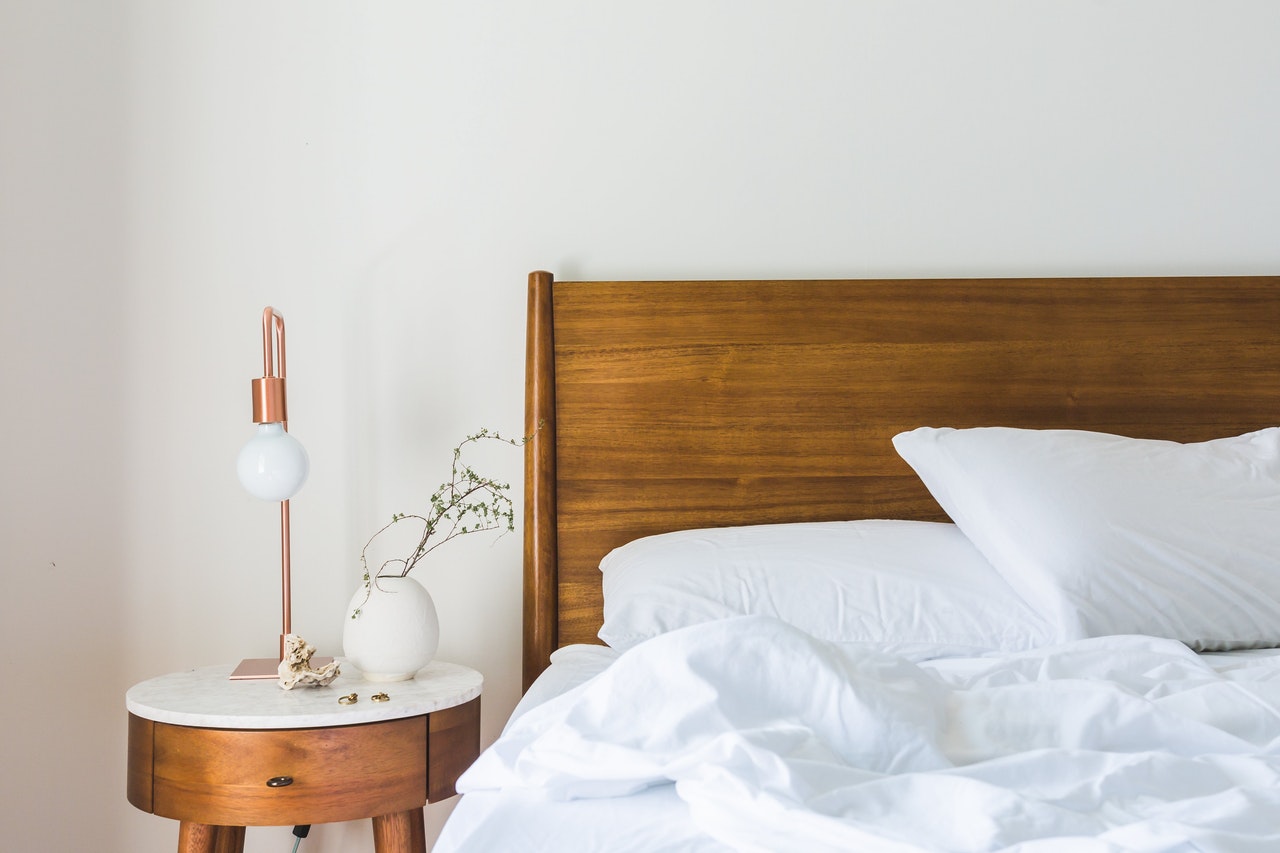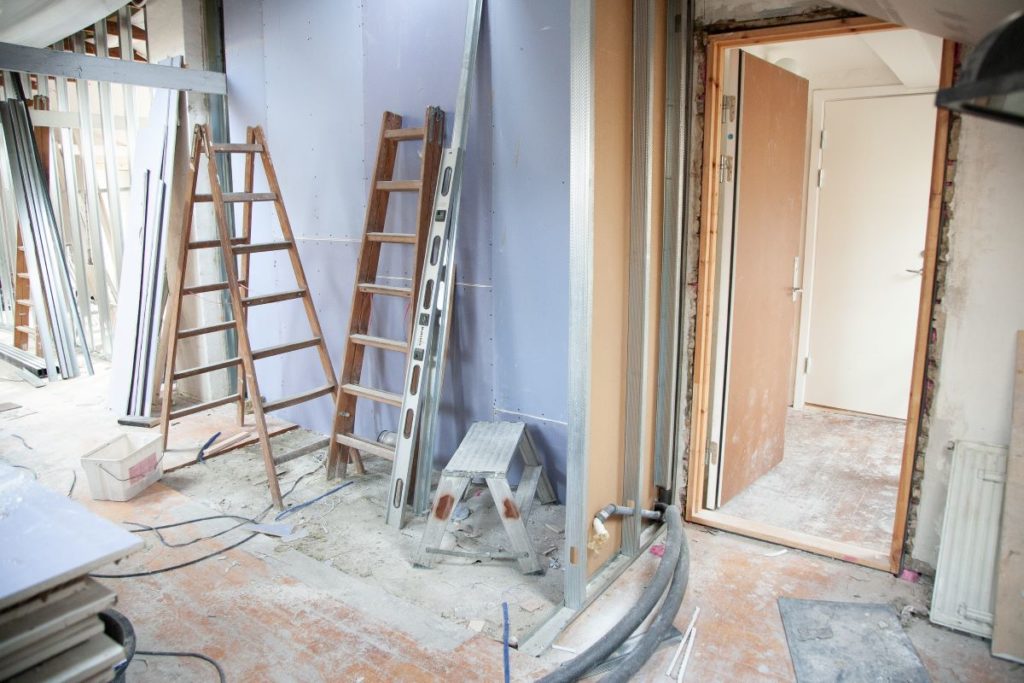Before you started living alone, you were probably expecting to enjoy unlimited freedom in your own space. You were looking forward to everything you’d do with your new, independent life, from deciding on the home decor to what time you should return from a night of partying. Yet when you moved in and reality sank in, it would dawn on you that living alone is harder than you expected.
Firstly, loneliness can dampen your spirits. Adults who live alone have an 80% chance of developing depression than those who cohabit with other people, according to research. 1 in 4 women who live alone had purchased antidepressants, and overall, people who live alone are more likely to take antidepressants, revealed two separate research.
Secondly, having no one with you that’s physically present may affect the way you think. Though you can always communicate with your loved ones through instant messaging, negative thoughts are an enemy that’s difficult to overcome. And when you’re already at rock bottom, you could do something harmful, and there would be no one to stop you.
While we shouldn’t be dependent on others for our mental health, the physical presence of our loved ones still plays a major role in our everyday living and recovery. You don’t need to give up your independence, but since you are responsible for your own mental health, you should at least make your space healing and free of triggers.
That said, here’s how to spruce up your home to treat your depression:
1. Give Your Bedroom a Makeover
Sleep deprivation has adverse effects on your physical and mental health. Some studies found that insomniac people are 10 times more likely to develop depression than those who get a good night’s sleep. So if you often have trouble sleeping, consult your doctor and redecorate your bedroom to make it a relaxing haven.
If the paint on the walls is too distracting, consider changing it to blue, since it induces tranquility. You may opt for a wallpaper if repainting is too tedious for you. Put up calming decorations as well, such as serene landscape paintings or photos, plants, and anything that sets the mood for sleeping.
Check the air temperature as well. Studies show that anywhere between 60 and 70 degrees is the ideal temperature for uninterrupted sleep. A little humidity will help too, so purchase a humidifier and set it anywhere between 30% and 40%. And of course, invest in high-quality soft sheets, and make your bed every morning to feel put-together and ready for the day.

2. Incorporate Stress-relieving Scents
Stress will trigger your depression, so avoid falling into that pit by filling your home with calming scents. Consider the following therapeutic essential oils:
- Lavender — Studies found that inhaling lavender oil can boost your memory and reduce work-related stress. Try infusing your tea with it too, to help you sleep better at night.
- Bergamot — Bergamot is that invigorating scent you smell in Earl Grey tea. According to studies, it controls negative emotions, weakens fatigue, and decreases cortisol levels.
- Lemongrass — If you’re frequently anxious, inhaling lemongrass oil may help soothe you. Leave a drop of it on your handkerchief or clothing before exposing yourself to a situation that may trigger anxiety.
- Japanese Yuzu — Studies reveal that inhaling Japanese Yuzu oil can quell your sympathetic nervous system activity, which is in charge of your body’s flight or fight response. In turn, you’d feel much calmer even in triggering situations.
- Bitter Orange — If you have an incoming presentation at work or any activity that involves public speaking, give yourself a pick-me-up at home by inhaling bitter orange oil. It will keep your tension and anxiety at bay.
3. Have a Workout Space
Exercise releases happy hormones. But you may barely have the energy to move when you’re depressed, so add physical activity to your day one at a time. Start by de-cluttering, or cleaning your kitchen. Once you overcome the hurdle of mental strain, you’d be ready to sweat off your negative energy.
Incorporate cardio, Pilates, or yoga in your routine. Clear off a space in your bedroom or living room to allow for a full range of motions. And don’t forget to have fun; cook healthy meals, rearrange your bookshelves, or switch up your home decorations. All of those count as physical activity too.
4. Get Help From Home
Most importantly, don’t disregard your treatment when you’re staying at home. If you can’t make an appointment with your therapist, consider signing up for a webinar so that you can watch helpful and effective psychotherapy videos. Sit in your relaxing bedroom and infuse the air with your calming scents as you receive counseling from professionals. Remember that at the end of the day, you’re the one who’s in control of your emotions and mental health, and only you have the greatest power to heal your depression.

